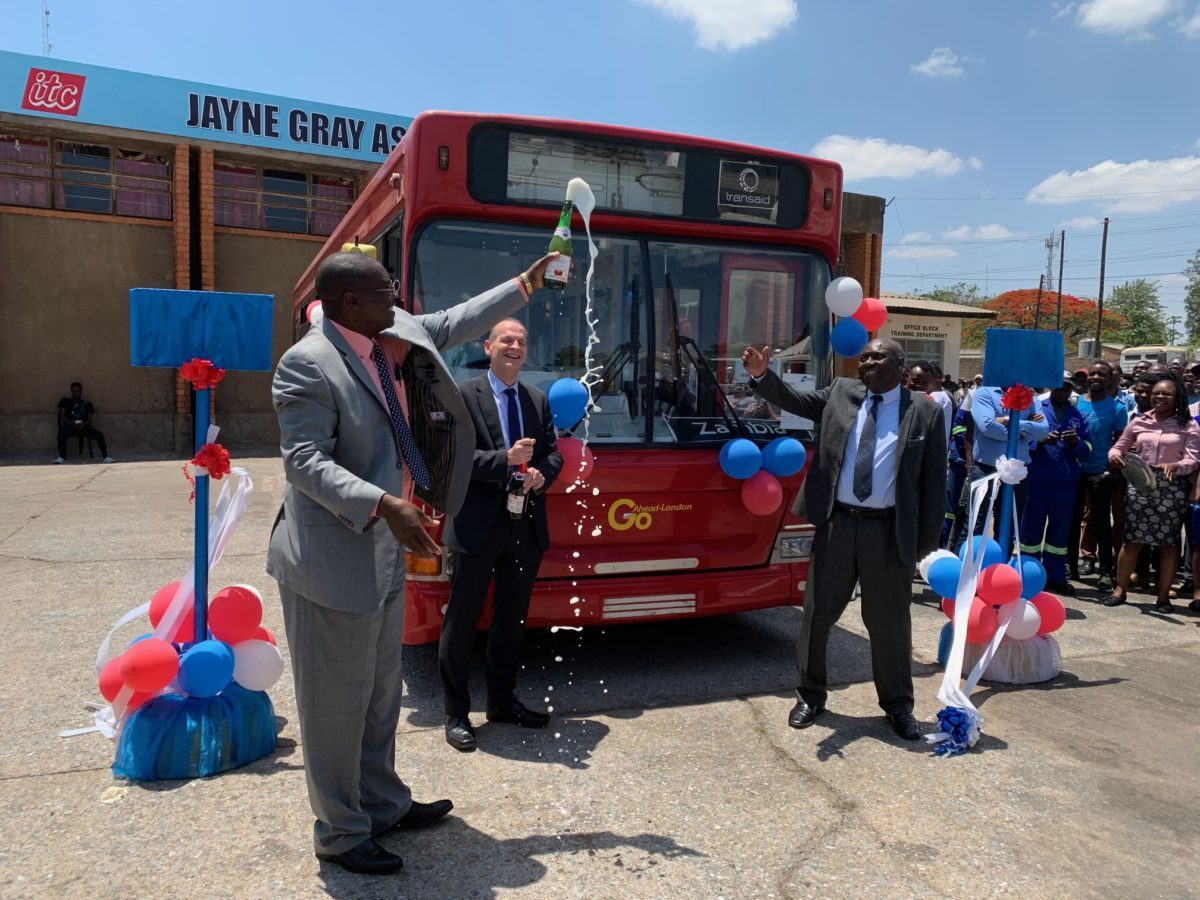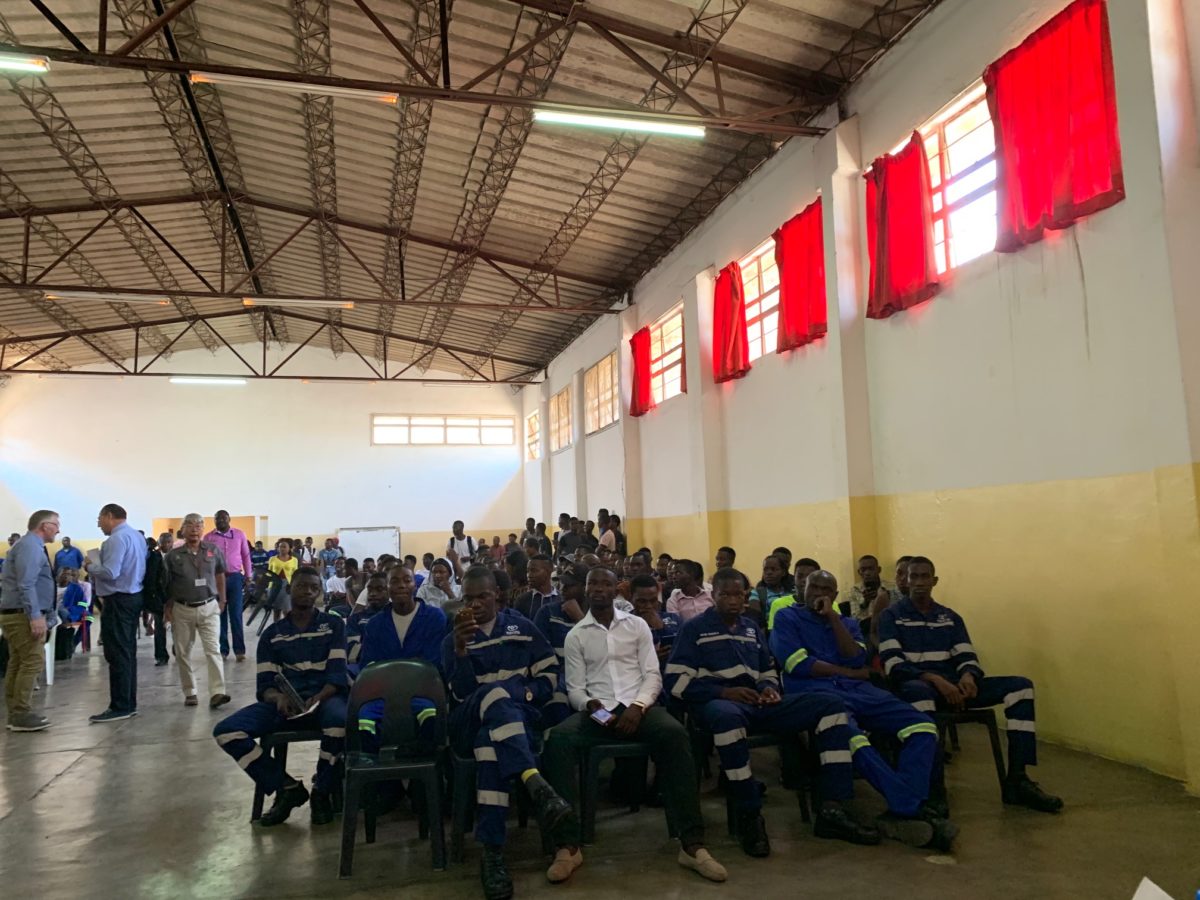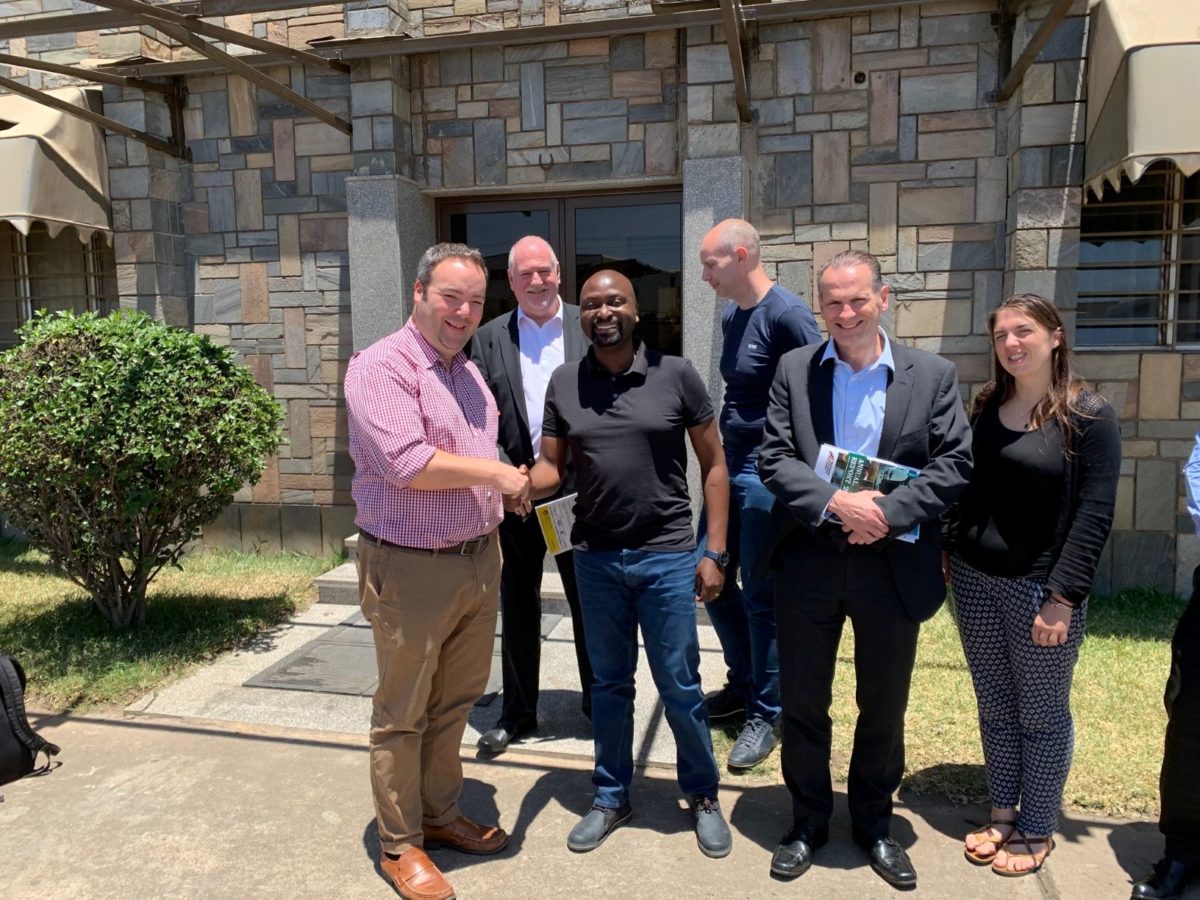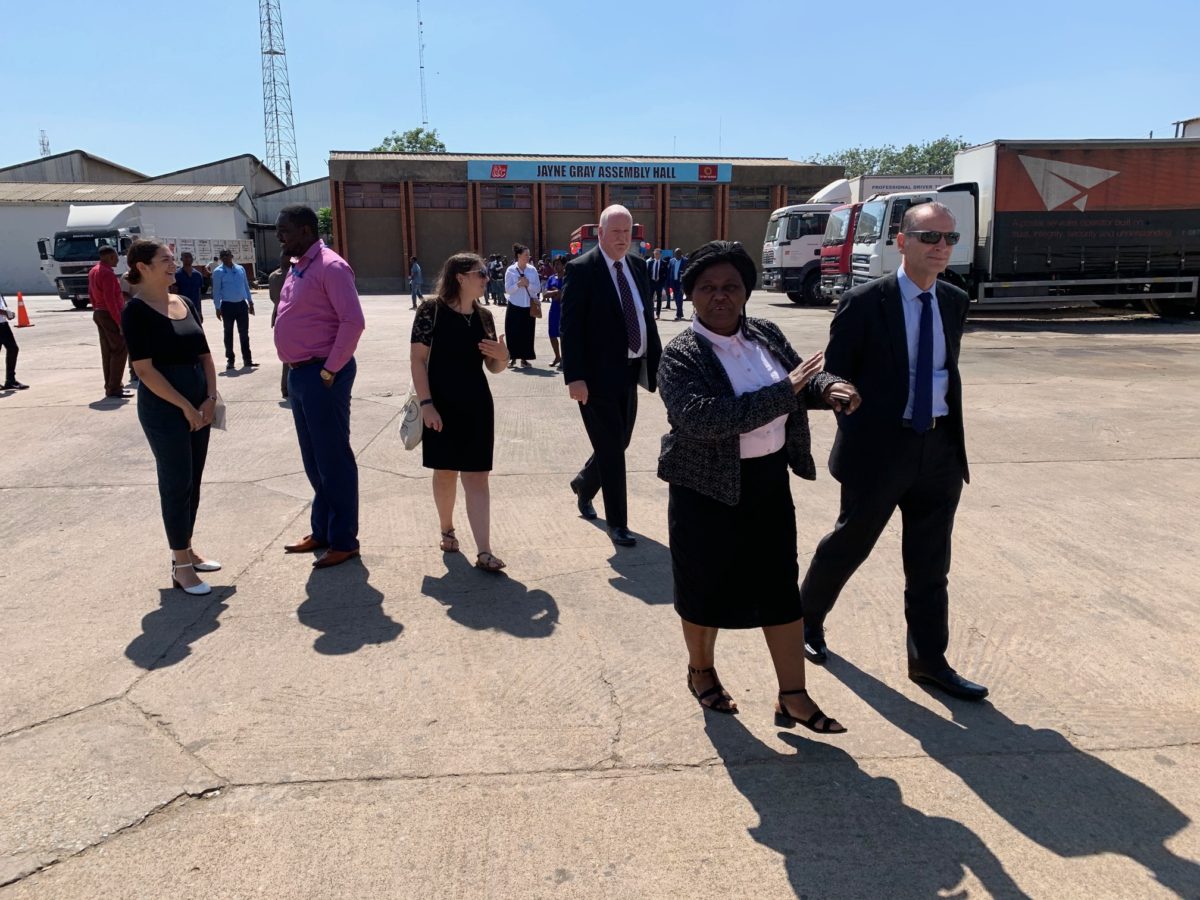
Promoting Road Safety In Africa – Transaid In Africa PART 2
Keeping drivers and other road users safe is one of the main worries that keeps most fleet managers in UK logistics up at night. Over many years we have seen major investment in safety features and training, not to mention ever tougher regulations and enforcement activity. A short drive into Zambian capital Lusaka is enough to get a proper understanding of just how lucky we are in the UK to have the infrastructure, corporate responsibility and regulatory culture we do.
In my first blog I showcased the amazing MaMaz against Malaria project. It is important to make clear that as great and important as that project is, Transaid’s founding missions is to make a difference to road safety in Africa. When we think about risks to life in Africa we think of poverty, disease (malaria and HIV in particular), we don’t tend to think of road deaths, and yet it is Africa’s third largest killer.
It was great therefore to meet the dedicated professionals and enthusiastic students at the International Training Centre (ITC) in Lusaka. Transaid has been supporting the training centre for many years helping them to meet their ambition to be a centre of excellence for driver training for Zambia and its neighbour countries in Southern Africa.

The training centre is one of the few places in southern Africa were people can learn to drive a HGV and crucially to receive regular ongoing training. Transaid’s support for the ITC has changed over the years, in its initial phase Transaid worked to help the ITC to set up a viable business with financial support and strategic advice. The business is now in a sustainable place, training around 4000 people a year. That said it’s a precarious model, reliant on support with the vital equipment (especially trucks and buses) and expertise to help train the trainers. That is where Transaid can help.
The driver trainers we met were keen to stress their enthusiasm for the newest vehicle donated from the UK – a VOLVO donated by the Malcolm Group-as well as politely sharing their frustration with trying to train drivers with not enough vehicles and the small number they have being old and unreliable. It was great therefore to witness the hand over of the new bus donated by the Go Ahead group – a vehicle that was recently ferrying commuters around west London now set for a new life navigating the streets of Lusaka.
As I spent time with the passionate managers keen to share and validate their plans for growing their business and the enthusiastic trainees keen to share their views, I was left feeling optimistic that the energy is there to take the Zambian/Southern African haulage industry forward.

However I don’t think its possible to underestimate the scale of the challenge. The people I met aside, everything else seems set against the mission of improving road safety. These include:
- Roads – Aside from a limited amount of major routes and main urban thoroughfares, HGVS and buses are operating on potholed poorly maintained, or non-existent, tracks.
- Vehicles – Africa relies on second hand vehicles that much we know but only when you spend time driving through the country do you release just how old and challenging the fleet is.
- Business opportunity – Zambia suffers from being in the middle of the trade route, the main haulage business flows between the ports of Tanzania to the north and South Africa to the south, this means that the lucrative ‘primary’ business is based in these countries and they are closely protected economically. Zambian hauliers are competing with foreign competitors, able to offer backhaul rates.
- Labour shortage – Drivers trained in Zambia are highly likely to have to go and seek work at one of the two ends of this trade route. This is a necessary but unwelcome option for many, given the reports of poor treatment and recriminations facing Zambian workers in South Africa in particular.
- Regulation – in theory the rules applying to drivers and haulage operators are similar to those facing an operator in the UK. However enforcement is haphazard leaving big opportunities for non-compliance and unhealthy competition as cowboy operators squeeze out businesses trying to do the right thing.
It’s a massive challenge, and one that is less easy to sell as a charitable mission, than projects like the malaria project I also saw on this trip, but no less vital. That said the principle of the two projects is the same, put time and effort into empowering the people on the ground, and through them demonstrate what can be done, so that hopefully in time the model will be adopted by governments on the ground.
Transaid is the only international charity seeking to target this challenge and with the recourses they have are trying to work strategically to support centres like the ITCs across the region. Stood in the yard in Lusaka it would be easy to think that the intervention is too small for a problem so large, but it is making a difference and with unnecessary lives being lost every day, we have a responsibility to do what we can.

We can help Transaid with its vital work in three ways – providing funding through our charitable donations, donating equipment especially trucks and trailers, and providing people to help train the trainers. Over the coming months I will be talking to my members about how we can provide that support in these three ways, if you have any ideas about how to do this please get in touch.
To support Transaid you can make a donation here – https://www.justgiving.com/campaign/transaidchristmasappeal2019
Or you can take part in one of their regular fundraising challenges – http://www.transaid.org/home/get-involved-now/events-challenges/
Or if you are able to consider a corporate partnership with Transaid contact Florence Bearman here. http://www.transaid.org/home/get-involved-now/corporate-supporters/
Or simply next time you are with us at a Cold Chain Federation event we will be encouraging you to help us give a donation.

Leave a Reply
You must be logged in to post a comment.